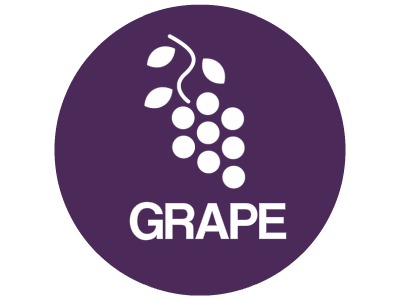In 2005, I was a senior in High School and visiting different schools in West Michigan, trying to make a decision which school would be the best fit. One night when I was doing an overnight visit at Aquinas College, I was introduced to the present-day social media giant. Back then, Facebook was the virtual yearbook of college campuses across the U.S., and was only for students.
There was also an innovative feature, called the status update where students could share with one another what their current location was – whether they were at the library, cafeteria or at home. In the beginning the status update was not a place to share quotes, funny stories, photos and political rants. This evolution did not come into play until after the News Feed was developed.
Facebook was simplistic and boring prior to the formative years. Eight years ago the News Feed didn’t even exist. When this change first came into effect my classmates were appalled, calling Facebook “Stalker-Book,” although this was clearly not the programmers’ goals.
I believe that with time, the purpose of Facebook evolved significantly. Conjunctionally, our individual reasoning behind why we log into Facebook every day has probably changed a bit as well.
So why is this all important? And, as the title of this blog implies, why did I decide to step away for a while?
To be quite candid, I got to the point where I was logging into social media sites several times a day. If I was on a break from work, I was on Facebook. While standing in line at the supermarket, I found myself on the Facebook iPhone app. If something amazing happened- no matter how inconsequential it would be- I couldn’t wait to send a Tweet to my followers. Sometimes when I opened up an Internet browser window, I found myself robotically typing the URL for Facebook or LinkedIn without really thinking twice.
A couple of things escalated around the same time, one being my realization that I was struggling to get all of my tasks done each day without having to sacrifice sleep. Have you ever pondered how awesome it would be if we could add an extra hour to the day? The solution was staring me in the face.
I decided that I could add more time in the day, if I just stopped myself from the meaningless after-hours moments spent scoping out social media news feeds. I understand that may sound like an obvious solution to a trivial problem, but it was difficult to justify this shift in behavior because of the interconnectedness I felt when I was online. Or, rather, the false sense of interconnectedness.
I came across some interesting research that delves deeper into these online trends.
According to new studies, people can feel sad after they have been on Facebook for prolonged periods of time. According to a study conducted by the University of Michigan, the more people use Facebook, the unhappier they become, and the less satisfied they become with their life as a whole.
Additionally, social media can actually make us lonelier and less connected (see Innovation of Loneliness).
My career is partially reliant on the utilization of social media, so I am not in any way, shape or form condemning social media. Rather, I am sharing my experience with others because I see tremendous value in understanding how to use these valuable online tools in moderation.
Social media is a crucial communication tool that exists as the means for connecting human beings and communities in a place that is accessible by most everyone in our society. However, we must not allow ourselves to substitute the interconnectedness we share with others online, with real experiences that take place outside of cyberspace. I decided to take a break from social media (with the exception of required work tasks) because I desperately needed more time in the day to increase productivity, complete tasks at home, and strengthen my relationships with others.
I’m glad I did. This behavioral change challenged me to pick up the phone and call my grandparents, spend more time exploring my passions, and schedule a coffee date with an old friend. And, for the first time in a long while, I felt a genuine sense of accomplishment when I was able to transform my to-do list to a completed tasks list.
Sometimes our biggest barriers as business professionals can be resolved with a simple change to our daily routine.
If you like this post, please share using buttons at left (seen on individual posts only).
Blog Post by Whitney Ehresman, Business Development Manager at Advanced Technology Recycling
| Reach 30,000 journalists, bloggers and influencers with your story! Try PRWeb for free. |
||
